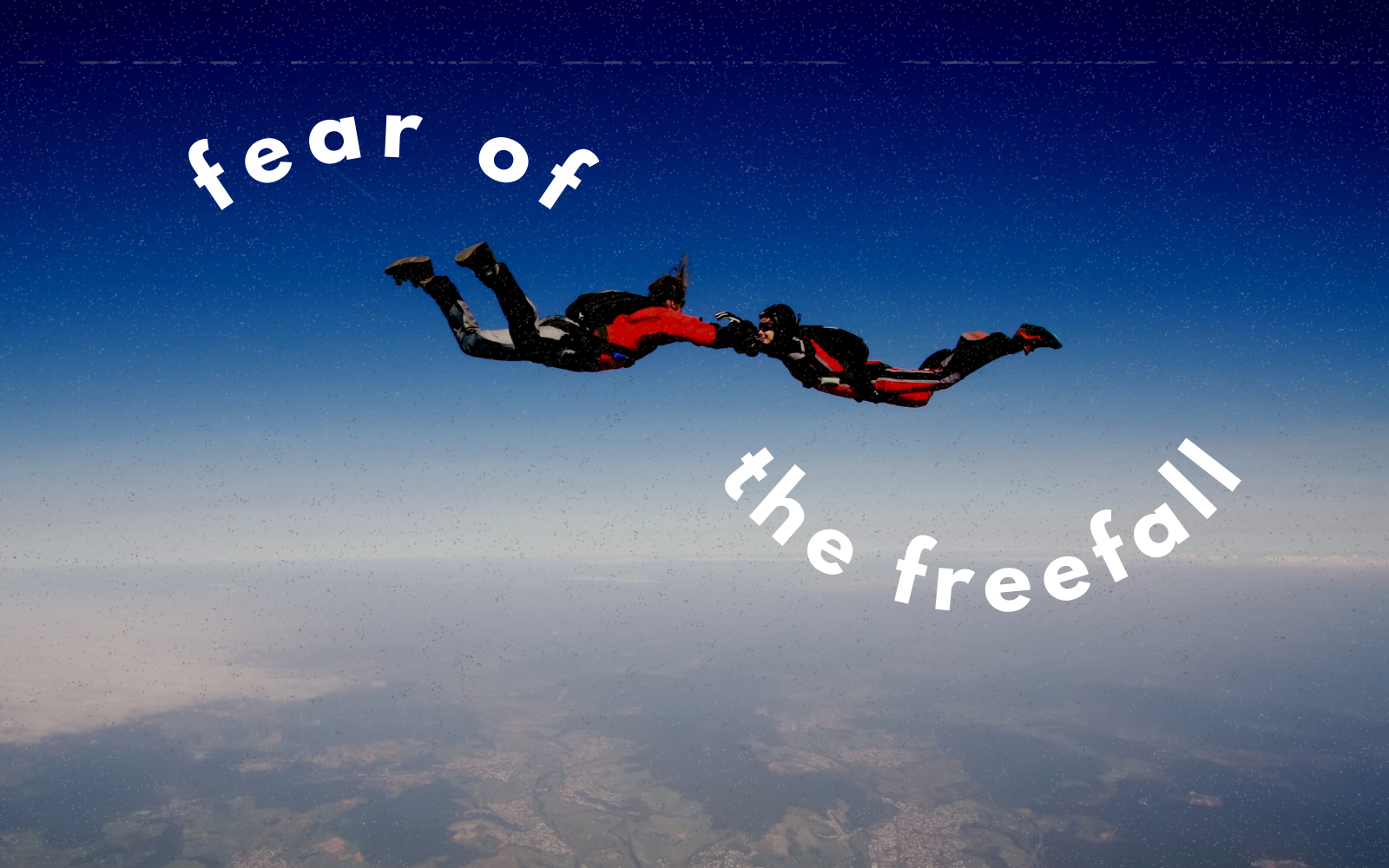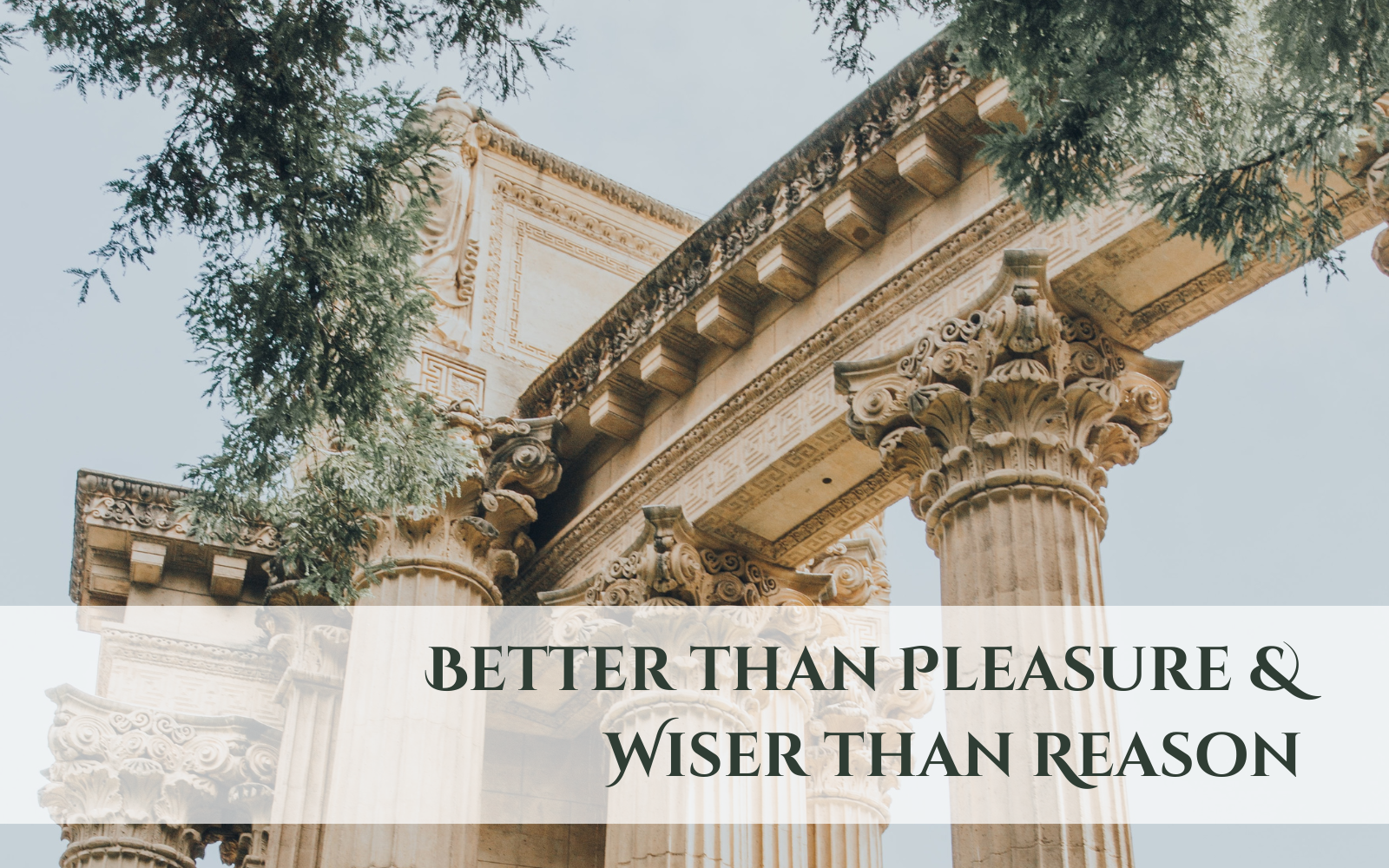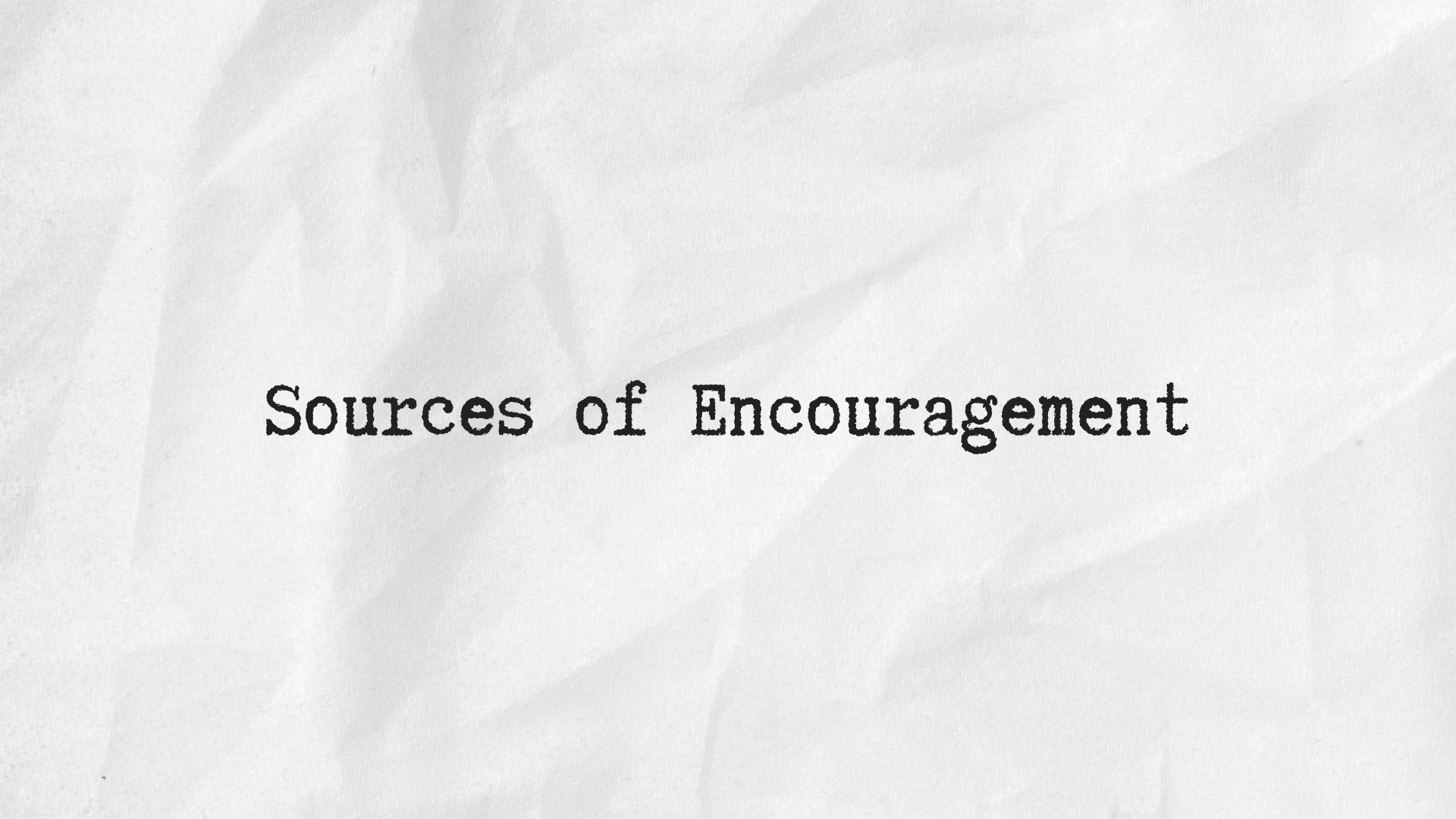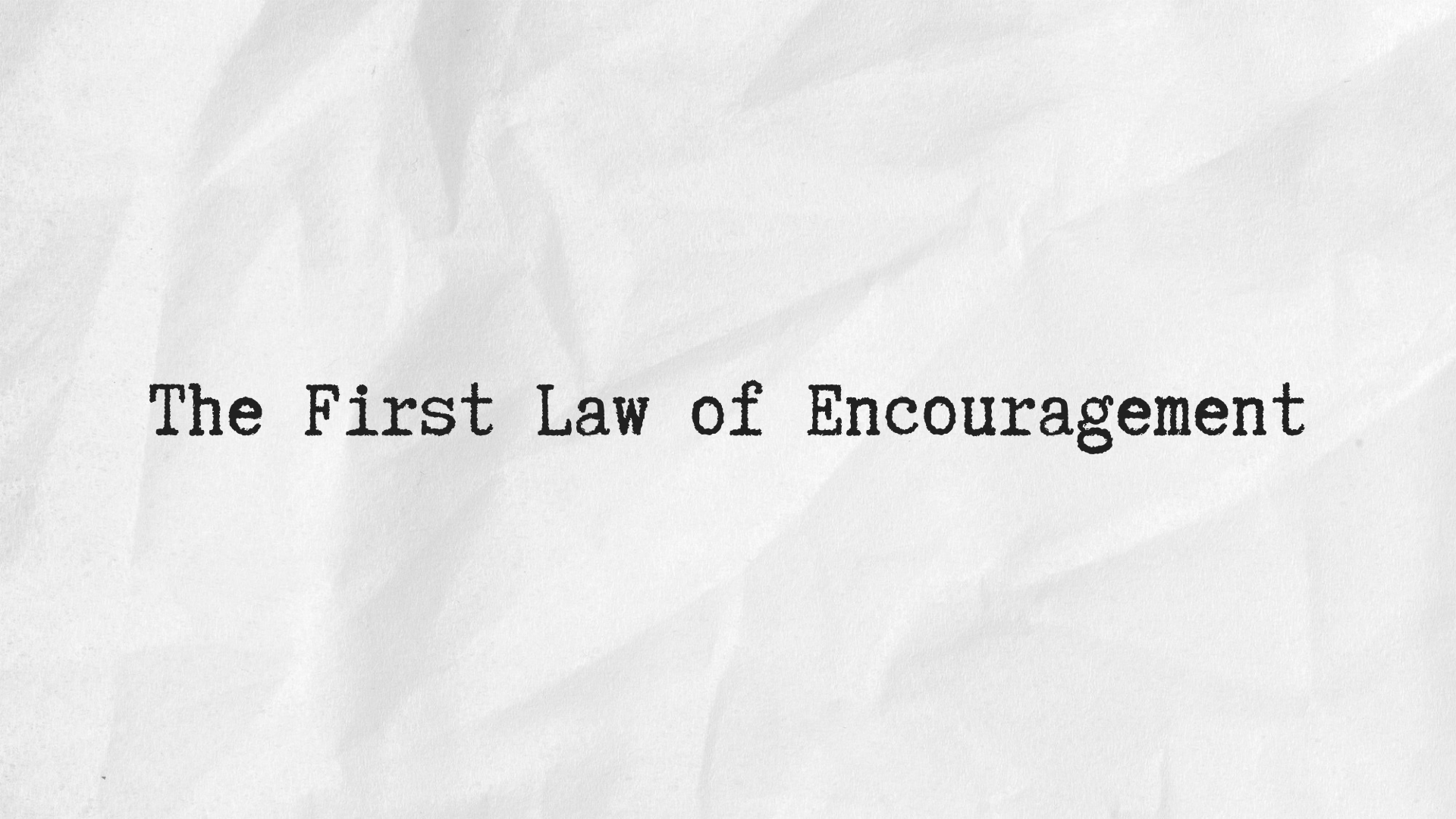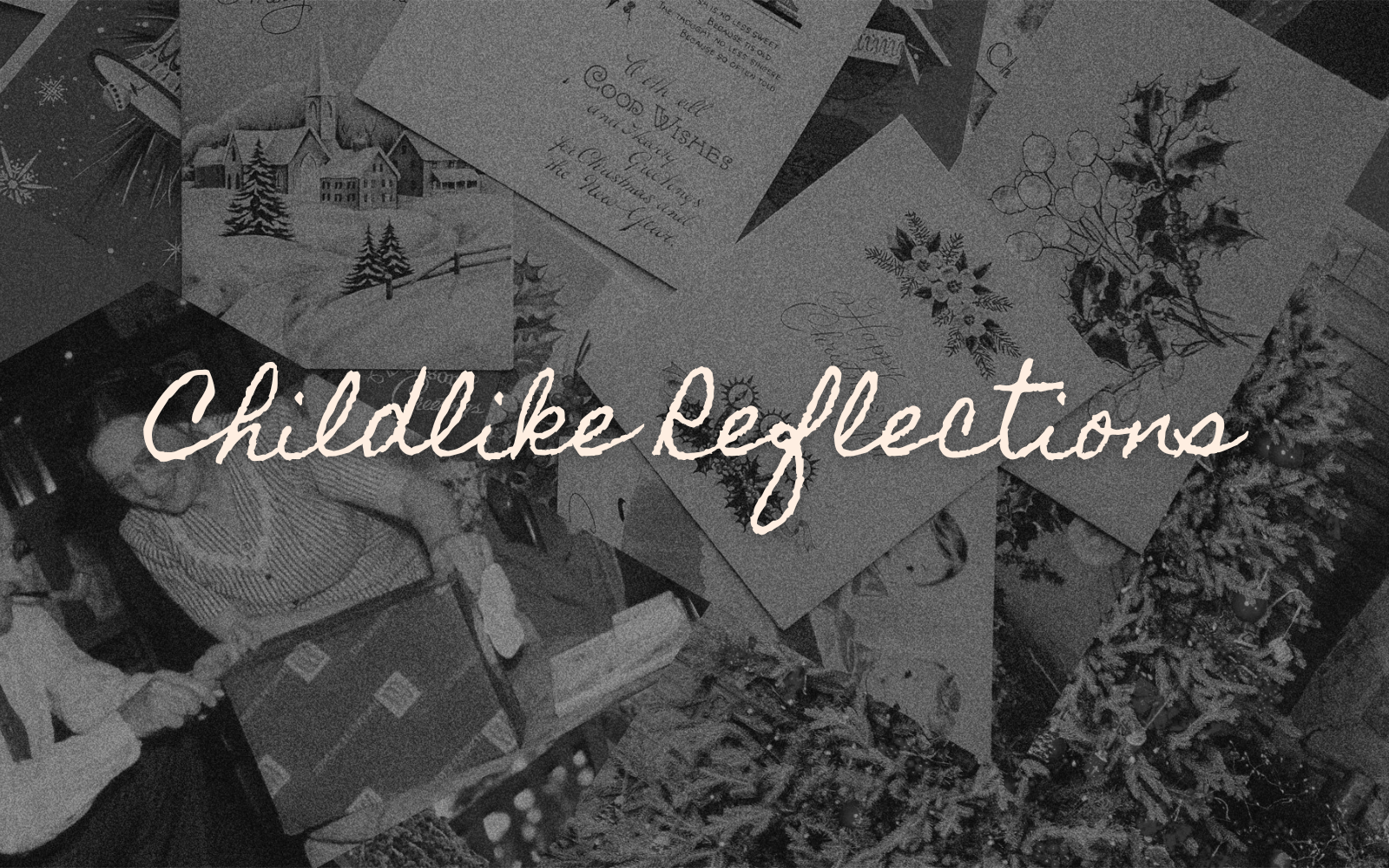Communion With Jesus
Enjoying Jesus for who He is
Over the last few weeks at DLC, we’ve begun exploring what it means to be a disciple of Jesus Christ. (If you missed those sermons, you can find them here). While we still have a long way to go in our conversation, one of the aspects of discipleship that has raised the most questions, for the most people (at least, the ones who have come to me) is the concept of Communion with Jesus.
By Communion with Jesus, I mean enjoying Jesus for who He is, not just for what He gives. In a word, what we’re talking about is intimacy with God.
The word intimacy comes from the Latin meaning to “make familiar”. In other words, intimacy is the way we come to know another person. But let’s be clear - intimacy means more than mere relationship; intimacy is a mutual relationship where both parties involved can know and be known.
When there is intimacy, we feel seen by another and we see them as well. Where there is intimacy, we feel heard by another and we hear them too. Where there is intimacy, we feel known and we grow in our knowledge of them as well. Where there is intimacy, there is meaningful mutuality.
That’s why the Bible describes physical intimacy between a man and woman as a form of ‘knowing’. Genesis 4:1 expresses this saying, “Now Adam knew Eve his wife, and she conceived and bore Cain.” The Bible isn’t being prudish here (seriously, go read the Song of Solomon and try not to blush). The Bible isn’t afraid to say Adam and Eve had sex. The Bible isn’t trying to pacify our modern sensitivities. Instead, the Bible simply recognizes that sex is more than mere physicality – that there is an experiential knowing that takes place between two people who share their bodies together in that way.
The Hebrew word for knowing is ‘yada’. It means to increase in understanding through seeing, through experience.
Isn’t that fascinating? All our lives, we’ve been taught that faith is believing without seeing, but have we ever stopped to ask, “Belief without seeing what?”
Just because we don’t see God doesn’t mean we can’t see His presence at work in the world. His fingerprints are everywhere. His creativity colors every minute of every day. We may not see Him, but through intimacy with God, by growing in our knowledge of God, our seeing and experiencing of God can continue to grow.
Think of it this way: from where I’m sitting right now, even though I'm beside a huge window, I cannot see the sun. My eyes, on the basis of what they can see, say there is no sun in the sky. However, as I look outside, even though I can't see the sun, I can see everything else. I see trees and cars and people. I don’t see the sun, but I can see all that the sun makes visible. Or as C.S. Lewis put it far more eloquently, "I believe in Christianity as I believe that the Sun has risen, not only because I see it but because by it, I see everything else.” My familiarity with the sun prevents panic and fear from rising in my heart when the sun is not visible.
I wonder how many of our fears and doubts, anxieties and worries actually flow from hearts not yet familiar enough with God? Perhaps what we need is not more information, but more intimacy.
So how then do we cultivate intimacy with God?
That is far too great a question for the limitations of this blog, but let me leave you with one last thought that might inspire some direction. Psalm 46 says, “Be still, and know that I am God.” The word ‘know’ here is the same word we saw earlier in Genesis 4:1. It’s ‘yada’ and it means to know through sight or experience. It’s not abstract, theoretical knowing about, but an experiential knowing that’s real, tangible, and personal. Now notice what this ‘knowing’ flows from – stillness.
There is a connection between stillness and knowing that we must not miss here.
God could have just made a statement of fact. He could have simply said, “I am God” or even “Know that I am God” but instead, God offers us the process by which we can come to know that He is God. And the means?
Stillness.
Be still and know that I am God.
Stillness is key to knowing, to seeing and experiencing, to becoming familiar and intimate with God.
Intimacy, knowing, is impossible without stillness. To make this more tangible, this is why it is so important for a man and woman to continue dating even after they are married. Intimacy is incredibly difficult in the face of the hustle and bustle of life. Sure, you can steal time in between the diapers and the dishes, but stealing time is not the same as making time. Stealing time will only sustain you for so long, and if we wish to endure in our life with God, we too must slow down and make time to be alone with God. No one else can dial down our pace but us; we must do that.
What then does intimacy with God look like?
Before it looks like anything else, it looks like stillness. It looks like slowing down. It looks like making time. It looks like leveling down our pace to create space enough to be present with God in a way that our hurried lives often obstruct.
But no one can do that for you but you.
For what it’s worth, if slowing down and making time feels like an uphill battle, you’re not wrong and you’re not alone. In fact, if you go read the rest of the Psalm 46 there are multiple references to wars, battles and all sorts of seemingly unsolvable problems and unconquerable conflicts.
But to be honest, those things aren’t why we can’t be still – those things are why we must be still.
You may have a million reasons why you say you can’t slow down, but I’ll give you one reason why you must – it’s in stillness, not busyness, that we come to know God.
So, may you make the time to slow down, to be still, and to enjoy God for who He is - not just what He gives.
Sunday Morning Service Times:
9:00 AM Traditional
10:30 AM Contemporary
About:
Here at Deer Lake, we want to be the church IN the Community, FOR the Community to the glory of God and for the sake of the world.

